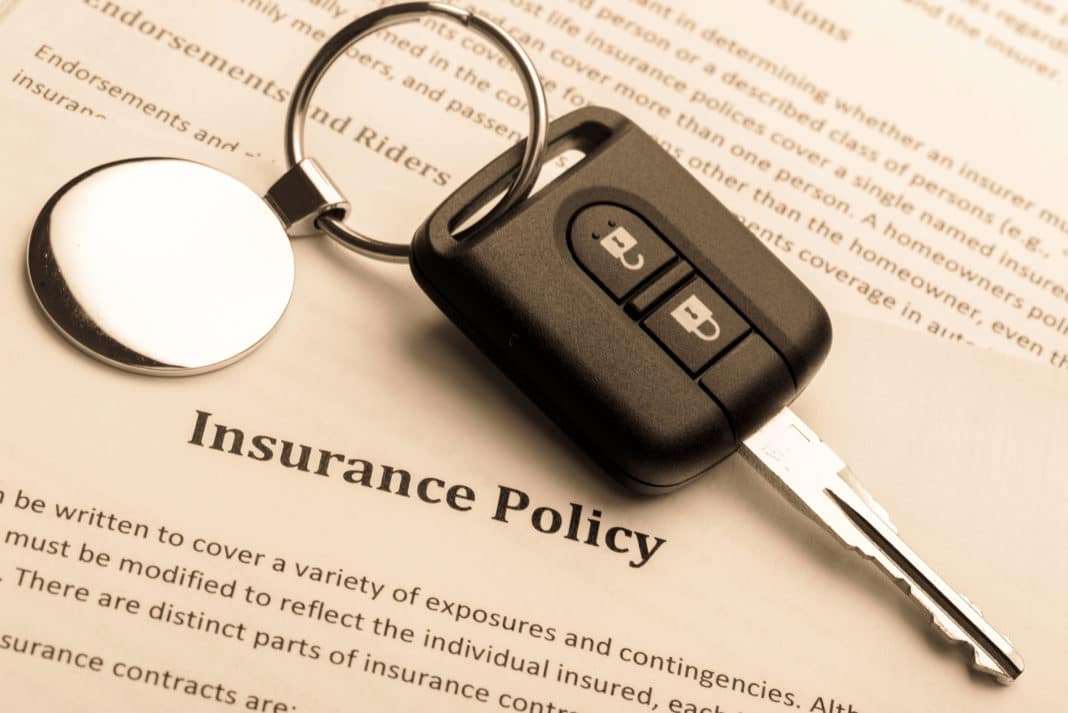
Once you buy a car, it becomes a part of your daily routine, and you understand its usefulness in your life. But you soon realize that your car driving experience is incomplete unless you make some modifications to personalize it.
Adding modifications to the car not only fixes its appearance but also improves the vehicle’s performance. However, you should be mindful about adding modifications to your car, as they can directly impact the car insurance policy premium.
Why do modifications affect car insurance policy?
Modifications can help you tweak the car’s looks as well as its performance. For instance, if you add a modification that makes the car look more attractive or flashy, then the probability of the car being stolen increases. This will result in the insurance company increasing the insurance premium for the four wheeler. For this reason, insurance companies consider modified vehicles as a greater risk than cars without modifications.
Likewise, a security installation ensures that your car is safe from theft. Therefore, the insurance company will consider your car as carrying the lower risk and adjust the premium accordingly.
How specific modifications to your vehicle can affect the car insurance premium is shown in the table below:
| Modification Category | Particulars | Increase in insurance premium |
| Bodywork | Additional lights | 12% |
| Tinted Windows | 16% | |
| Spoilers | 23% | |
| Complete body kit & panels | 57% | |
| Flared wings & bonnet bulges | 66% | |
| Engine & Mechanics | Exhaust System Changes
Air Filter |
25% |
| Non-Standard Engine Change | 26% | |
| Turbo/Supercharging Nitrous oxide | 132%
63% |
|
| Wheels | Alloy wheels | 8% |
| Broad wheels or tyres | 18% | |
| Paint job | Stripes, Decals, Badges | 22% |
| Specialized paintwork | 36% | |
| Interior | Upholstery or Dashboard | 16% |
| Replacement seats | 27% | |
| Roll Bars, Roll Cages | 41% | |
| Brakes & Suspension | Suspension | 25% |
| Uprated brakes | 36% |
What is considered a modification?
Any modification added to a car that will cause a difference to the manufacturer’s original product is considered a modification by an insurance company. The insurance company will then check the modifications to calculate the additional risk to be covered and adjust the premium accordingly. Some of the general modifications that come under this are:
- A modified engine:
A car with a modified engine, for instance, a turbo engine, will enhance the speed and the performance of the car. While this may be favourable for those who enjoy speed driving, it is also a risk. Hence, such a modification to your engine can increase your risk of being involved in an accident and result in a high car insurance premium.
- Replacing engine:
If you replace the manufacturer’s engine with another engine, then the insurance company will consider it risky. An insurance company provides their assessment depending on the year of manufacture, model and the car’s make. Such a modification to the car can result in high premiums.
- Brake and suspensions:
Brakes are an essential feature of the car. If any changes are to be made, it should only be done by a highly skilled mechanic. When a suspension is modified, it may change how the car behaves. You should notify the insurance company any time changes are made to this part. It will help them re-assess the premiums accordingly. It would help if you also informed them about who carried out these changes.
- Wheels:
Any modification to the car’s wheels can improve the car’s looks and increase the value of the car insurance quote.
- Paint job:
While a paint job may not seem that harmful, you should inform your insurer about it. When you have added decorative details or race emblems, or any other car designs, the insurer needs to be informed. When the insurance company is informed about the paint job changes, they can make the appropriate changes to the car insurance prices.
- Interior:
Interior changes to the car like pedals, sound system, etc. will also be considered changes that should be reported to the insurer. Apart from the quality of modified products, the wear and tear are also considered when calculating the insurance premium.
Conclusion
While modifications like these can lead to an increase in the premium, devices like parking sensors, anti-theft alarm systems or tracking devices can reduce the premiums. Since these devices can reduce the probability of a car getting damaged or stolen, you should check with the insurance company about the discounts from these additions to the car before getting the policy.
Therefore, adding modifications to the car can help you customize the car to your liking. It would help if you were cautious while doing so, as they can directly affect the car insurance premiums you pay. This is because some modifications to the car can increase the probability of being involved in an accident. But different modifications like an alarm system can reduce the premiums as they increase the car’s safety.
